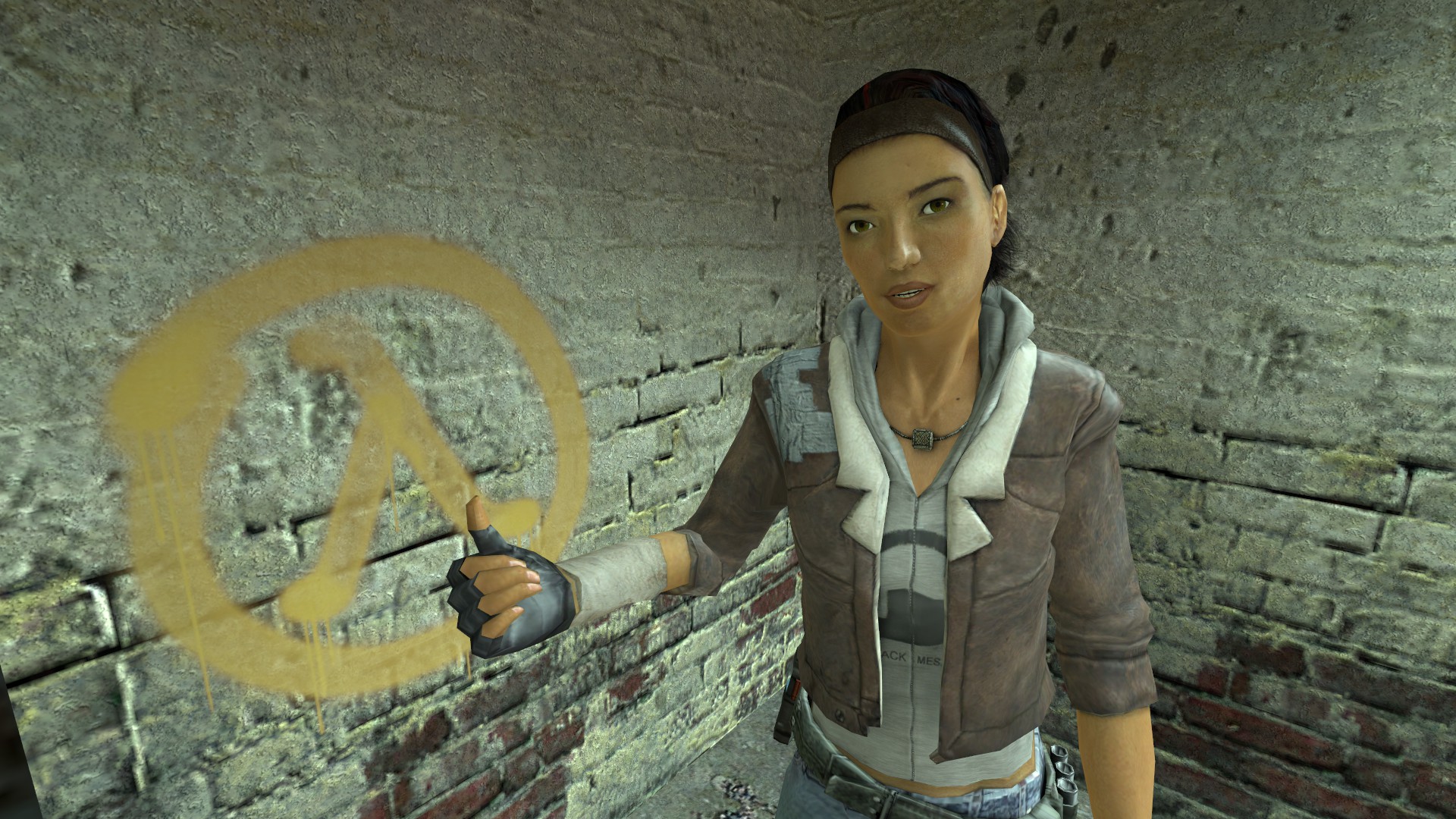
Oh, Canada Review
Oh, Canada will open in theaters at a date TBD. This review is based on a screening at the Cannes Film Festival.
What is death to a man and filmmaker like Paul Schrader? Is it something to be feared? Bitterly laughed at one last time? Faced down with defiance? Sincerely reflected on before it’s too late?
In Oh, Canada, Schrader’s adaptation of the novel Foregone by his late friend Russell Banks, it’s all of the above and then some. Though the Taxi Driver screenwriter’s recent run of films – the unofficial “Man in a Room” trilogy of First Reformed, The Card Counter, and Master Gardener – has consisted of similarly troubled protagonists reckoning with their past while facing death (and usually writing in a diary while drinking), his latest operates in a different register entirely. Yes, it is still about a man in a room sorting through his anxieties. But acclaimed documentarian Leonard Fife (Richard Gere, reuniting with Schrader 44 years after American Gigolo) isn’t alone: He’s recounting his life in fragments for a film-within-the-film. The result is a messy, melancholic, and meandering work that has Schrader looking backward while he pushes forward into new thematic territory.
The ailing Leonard has consented to place himself in front of the camera for one final film, with Gere expressing the character’s physical and mental unraveling in frequent coughs and mutters. His only comfort seems to be his wife Emma, played by an underused Uma Thurman, who he demands to be in the room for what’s ostensibly a career retrospective. But there’s also the matter of Leonard’s move to Canada during the Vietnam War, thought to be an act of draft dodging – though that means little when his health is deteriorating.
He doesn’t seem to care about the questions that have been prepared for him, so why is he actually doing this? Well, Leonard needs to unburden himself. Of what is more slippery: Over the course of the film, we jump back to moments in time that are disjointed and meandering. Though Jacob Elordi steps in as young Leonard in these scenes, some of these sequences feature Gere. Such shifts don’t always feel natural; one bedroom scene where the older Leonard lies next to his pregnant first wife, Alicia (Kristine Froseth), feels almost creepy.
Planting one foot in the grave and another in yesterday, Oh, Canada is about what gets dredged up when we’re close to death. Schrader had his own recent brush with the Grim Reaper, and he’s said it was a motivating factor in getting this film made. But he struggles with Oh, Canada’s weighty topic and themes, both as director and screenwriter. The way he constructs scenes – frequently shifting styles and employing black-and-white – can be disorienting rather than illuminating. The dour tone feels like it’s being smuggled in under the cover of a lovely series of songs by Phosphorescent, which are continually undercut by Leonard’s upsetting observations. Some of the lines he delivers as he grows more detached and disillusioned are downright cringeworthy.
Schrader struggles with Oh, Canada’s weighty topic and themes.
But that, like so many of Oh, Canada’s contradictions, seems like part of the point. Schrader sees no easily found dignity in death. And it ought to feel unsettling to see Gere inserted into the 20th-century flashbacks – present-day Leonard is desperately trying to return to his past, cannibalizing what he can from it just as his mind begins to consume itself. He’s trying to find salvation, even if it means getting there by saying whatever he needs to. The question of what is true and what isn’t is not always so simple to determine – the glue holding these memories together has long since started to deteriorate. (Hence those attention-grabbing stylistic pivots.) It could be all true, it could be all lies, or a little bit of both. It’s whatever he can say to get people to forgive him.
When we too find ourselves at the barrier between this world and the next, what will our memories look like? Will we get our chance to reflect and play one final song to send us off into the great beyond? None of us can know for sure, but what is certain is that Schrader has tapped into the desire for reflection that unites us all. None of us will get final cut on this thing we call life, but we’ll all certainly try.






